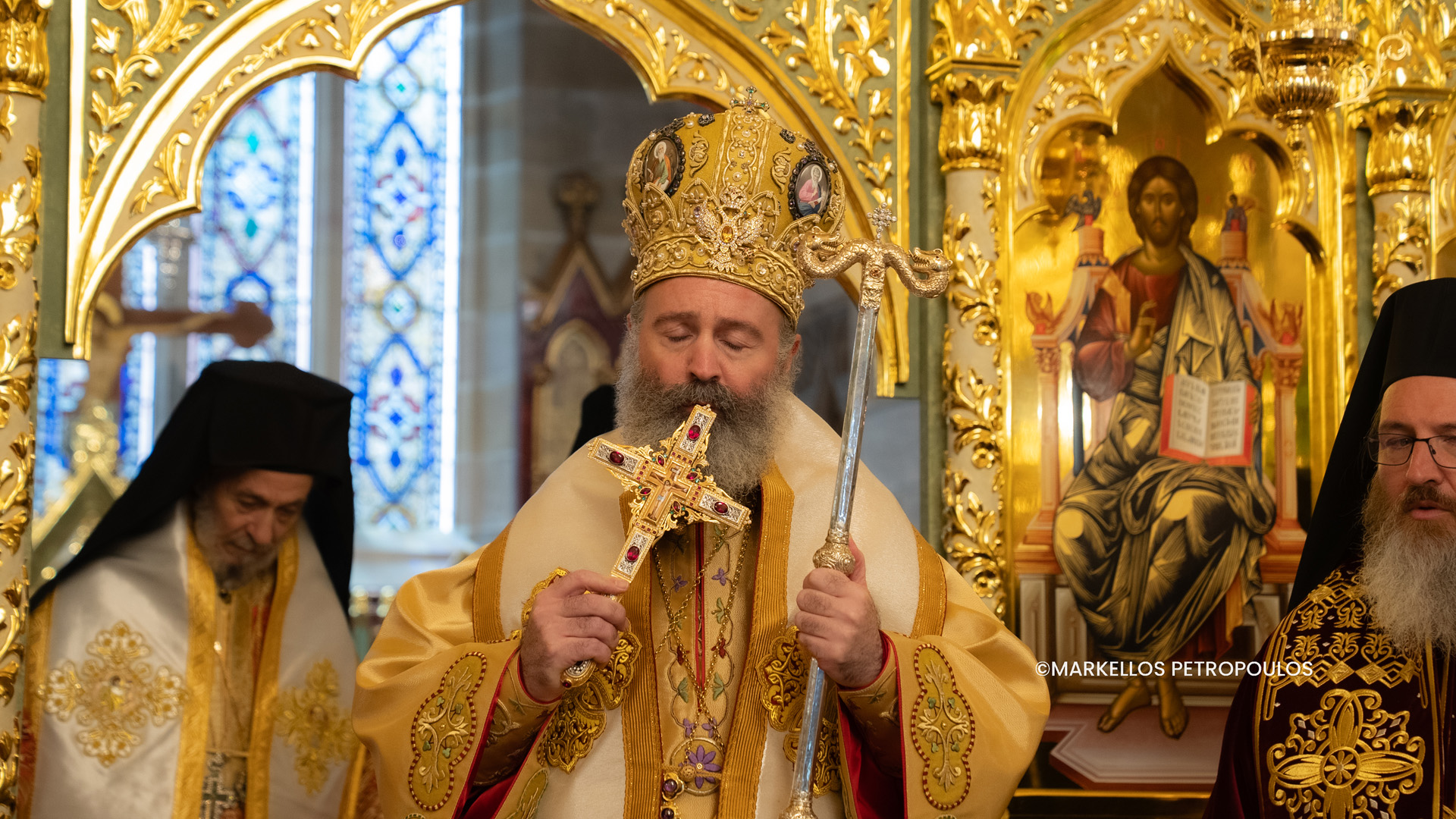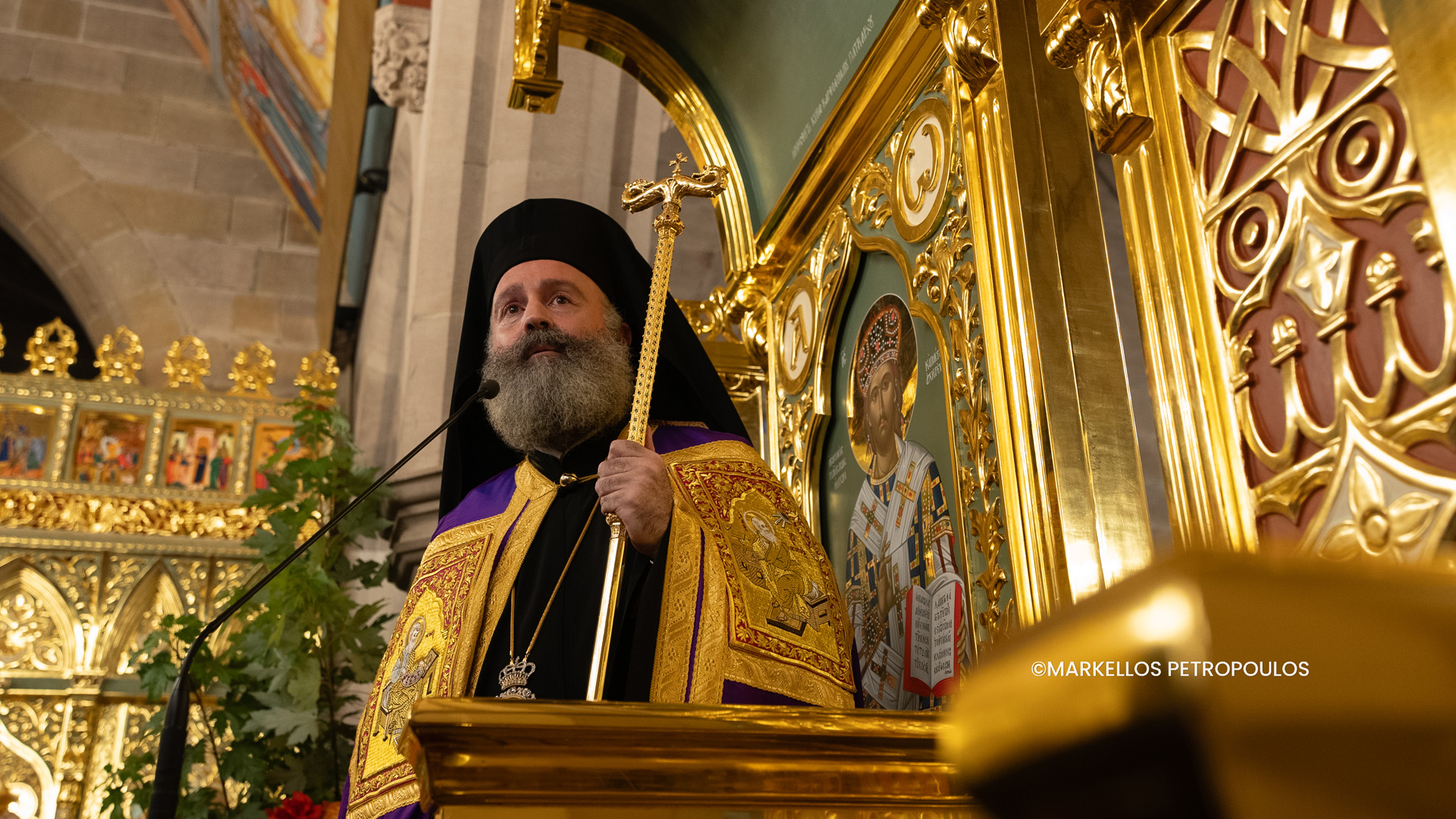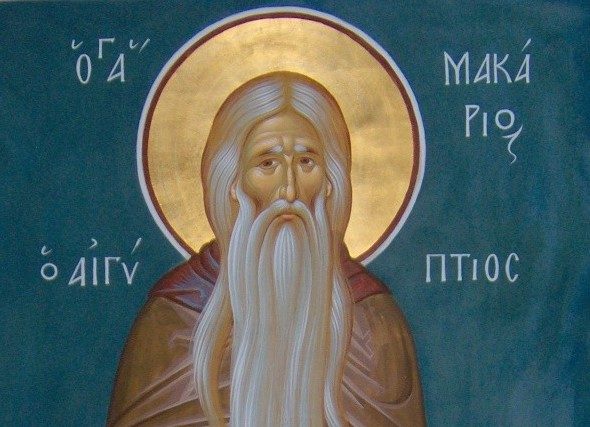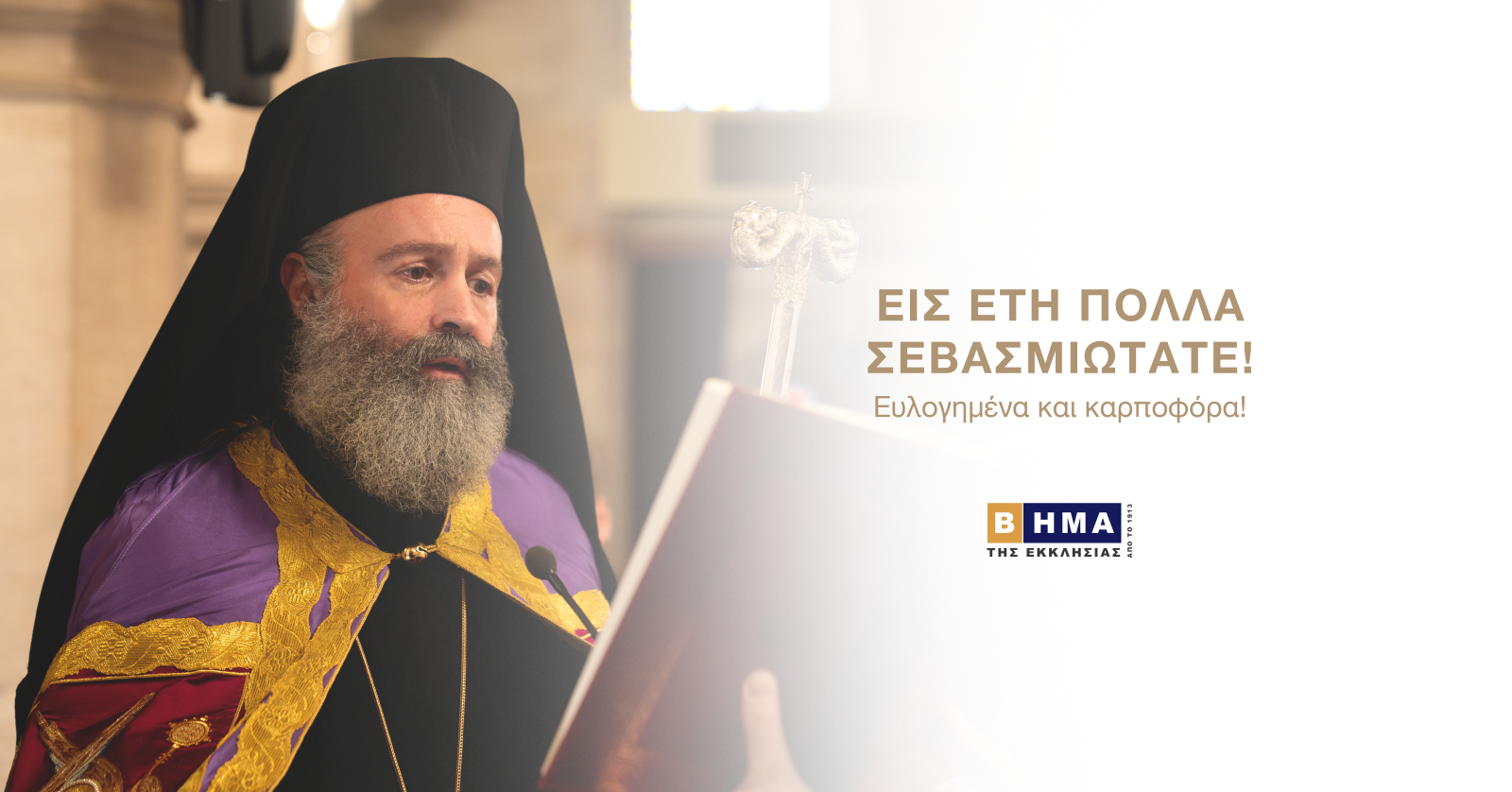Hyacinth the Martyr of Caesarea & Theodotos and Theodota the Martyrs (3 July)
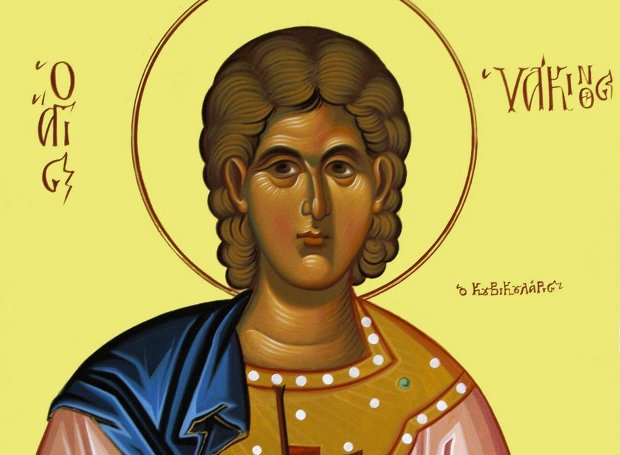

A young man and a courtier at the court of Emperor Trajan, Hyacinth was a secret Christian. Once, when Emperor Trajan and his entire court solemnly offered sacrifices to the idols, Hyacinth refrained from this abominable activity. For that he was accused and brought before the emperor to be judged. The emperor counseled him to deny Christ and offer sacrifices to the idols.
But Hyacinth remained as firm as a diamond and said to the emperor: “I am a Christian and I honor Christ. I worship Him, and to Him alone do I offer myself as a living sacrifice.” Beaten, spat upon and flayed, this holy martyr was thrown into prison. By order of the emperor, he was given nothing to eat except sacrifices offered before the idols. Hyacinth refused to partake of them and after eight days died in prison. Then the prison guards saw two radiant angels in the prison: One angel covered the body of the martyred Hyacinth with his radiant vesture, and the other angel placed a glorious wreath on his head. The entire prison was illuminated and fragrant. The youthful Hyacinth honorably suffered and was crowned with eternal glory in the year 108 A.D.
Saint Hyacinth, a native of Caesarea in Cappadocia, was raised in a Christian family. The emperor Trajan made the boy his “cubicularius” (chamberlain), unaware that he was a secret Christian.
One day, while the emperor and his entourage were offering sacrifice to idols, the young Hyacinth remained at the palace, shut himself up in a small room, and prayed fervently to the Lord Jesus Christ. One of the servants overheard him praying and denounced him to the emperor. He said that although Hyacinth was entrusted with an imperial position, he did not honor the Roman gods, and was secretly praying to Christ.
Hyacinth was brought to trial before Trajan, who tried to persuade him to deny Christ and sacrifice to the deaf and dumb idols, but the holy martyr remained steadfast and declared that he was a Christian. He was whipped and thrown into prison, where the only food given to him was what had already been offered to the idols. They hoped that he would be overcome with hunger and thirst and eat it. Saint Hyacinth did not eat the food, and he died after thirty-eight days. When they came to torture him again, they found his dead body.
The jailer saw two angels in the cell. One covered the saint’s body with his own garment, and the other placed a crown of glory on his head.
The twelve-year-old Hyacinth suffered for Christ in the year 108 in the city of Rome. Later, the saint’s relics were transferred to Caesarea.
Saints Diomedes, Eulampius, Asclepiodotus, and Golinduc also suffered with Saint Hyacinth.
The Martyr Hyacinth, who was from Caesarea of Cappadocia, was the chamberlain of the Emperor Trajan. On being constrained by the Emperor to partake of the sacrifices offered to idols and not wishing to do so, he was shut up in prison without food, where he gave up his spirit to God in the year 108.
Apolytikion of Martyr Hyacinth & Companions
Fourth Tone
Thy Martyr, O Lord, in his courageous contest for Thee received as the prize the crowns of incorruption and life from Thee, our immortal God. For since he possessed Thy strength, he cast down the tyrants and wholly destroyed the demons’ strengthless presumption. O Christ God, by his prayers, save our souls, since Thou art merciful.
Kontakion of Martyr Hyacinth & Companions
Fourth Tone
Like a fragrant hyacinth, thou ever sheddest the sweet savour and delight of everlasting truth for us, who with our whole soul cry unto thee: Rejoice, thou glory of Martyrs, brave Hyacinth.
Source: goarch.org / oca.org


